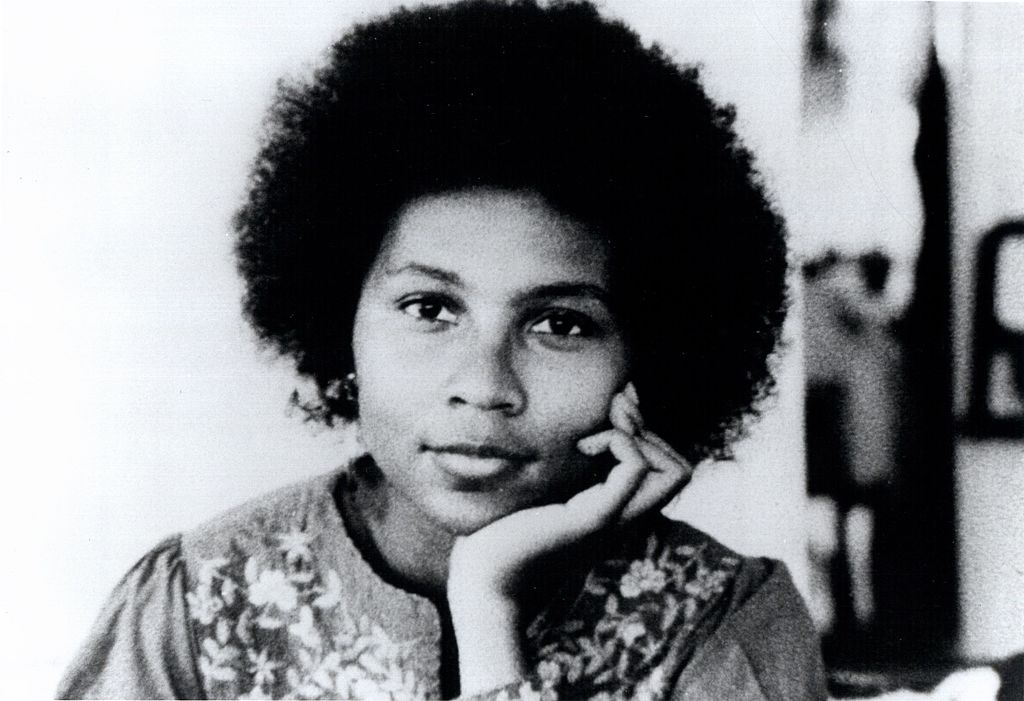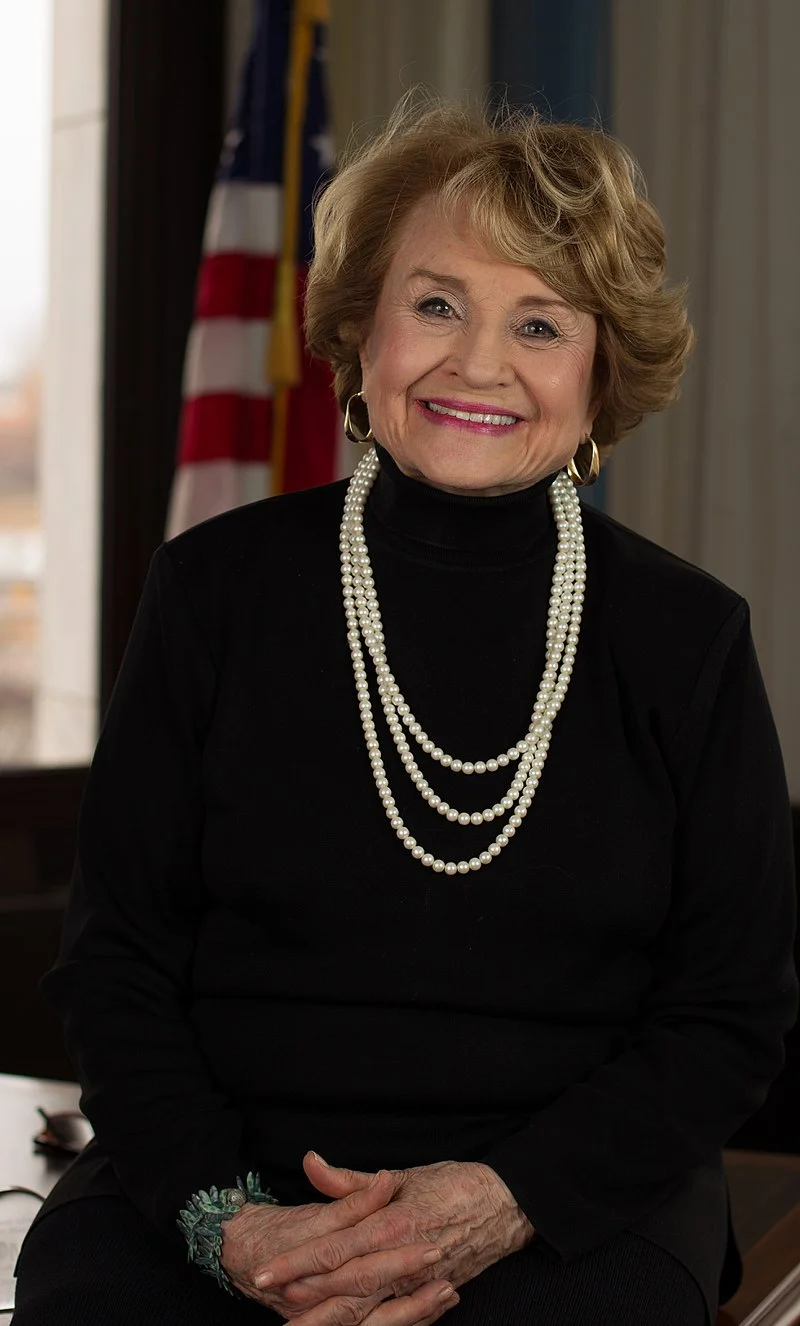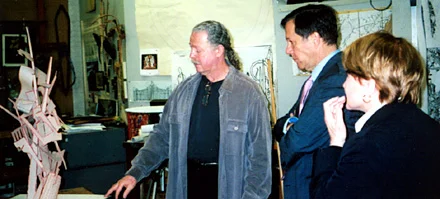This is a guest blog post from Amy Brooks and Pilar McKay of @RuralArtsWeekly (a two-woman Twitter chat group for rural artists, advocates, educators and policy-makers) in which they share their literary and civic role models for creative placekeeping leadership.
Amy Brooks (Program Director and Dramaturg, Roadside Theater): Recently I reread a very short essay I love, bell hooks’s Connecting Appalachia To The World Beyond. When I read bell’s words I feel seen, honored, and understood as a West Virginian who is ambivalent about place and identity. I feel my concerns addressed and my care for family, community, and workplace answered. I feel solidarity with her vision for an inclusive, sustainable rural life (a theme she explores in her book Belonging, which I’m just starting to read) and confidence that our movements will succeed to the extent that we align ourselves with it in creed and deed. As I asked my colleagues recently: What can we do to guarantee that our leadership reflects the values in our funding documents and foundational literature? How do we build a philosophy of placemaking/keeping that begins with the sovereignty, ownership and protection of our own bodies? How do we walk the walk of belonging and equity? These questions are at the heart of my work as a rural feminist and artist.

bell’s wise, unsentimental critiques of pop culture (see her writing on apparently feminist properties like Lemonade, Lean In, and The Shape of Water) affirm my convictions that our arts-based economic organizing and placekeeping cannot be understood separately from gender or race; that incuriosity and sectarianism are the greatest threats to rural and urban populations alike; and that―when present leadership reflects the limitations of what she calls the “white imperialist capitalist patriarchy”―mentorship can always be found in the literature of our allies and foremothers in the mountains and beyond. Indeed, bell herself lives, teaches, and publishes in Berea, Kentucky, where an Institute in her name “strives to promote the cause of ending domination through understanding the ways systems of exploitation and oppression intersect through critical thinking, teaching, events, and conversation.” When men I work with pull out Saul Alinsky and Wendell Berry, I think of her up there and say, “Yes, and bell hooks and Cherrie Moraga.” When they pull out Marx and Robert Gard, I say, “Yes, and Joy Harjo and Adrienne Maree Brown and Maryat Lee.” In this way, keeping multiple intelligences at the heart of our recovery, we will decolonize political and artistic leadership of central Appalachia. The womxn I work with at Appalshop understand this; it’s part of their practice as media makers and community organizers. When I see them channel their knowledge the results are breathtaking. There can be no doubt that the future of the region will reflect this new way of understanding the world and our Appalachian peoples’ place in it.
Pilar McKay (Associate Director, Arts Council for Wyoming County, New York and co-founder of Shake on the Lake): Louise Slaughter is a creative placemaker who worked in my immediate region. As a congressperson for over thirty years, she represented the Rochester, New York area. Rochester is a creative, cultural, and technological city. It’s home of the Eastman School of Music, Strong Museum of Play, Rochester Jazz Fest, and the Erie Canal among other arts and cultural institutions.

Louise moved to the Rochester area for work and she had a background in science (a background that she’d later use in Congress, but that’s for another post). Originally, she was from Kentucky, a fact that could confuse people if you ever heard her be interviewed on the TV.
In the 1980s, the National Endowment for the Arts was in real jeopardy. A group in Congress started the Arts Caucus, and Louise served as its long-time chair to advocate and support the arts – and in particular the work of the NEA. My congressional district is adjacent to hers, so it has been really easy for me to call them (as my project does work in her district) and just see what was going on with federal arts funding. Her staffers were always friendly and informative.
The Arts Caucus is also very active during the National Arts Advocacy Day – for obvious reasons! They will open their office doors as arts advocates descend on Capitol Hill. Tweets are common on those days, and one of my favorite pictures this year is of Louise Slaughter with Lin-Manuel Miranda.
It’s one of my favorite pictures, but also poignant, because it is the last picture of hers I saw while she was still alive. Days after this year’s National Arts Advocacy Day Louise suddenly died. We lost a regional and national advocate of the arts. It affected me deeply as she worked so close to me both geographically and in my industry.
Almost immediately after she died, there was a movement afoot to rename the renovated Amtrak Station in Rochester after her. You see, she secured the funds to oversee an overhaul of the station in downtown Rochester. Often, we see government move quite slow, but in this instance, it was unanimous and the train station was renamed in her memory. It will serve as a great memorial to her.
I once sat next to her on an airplane bus shuttle at National Airport. Although she appeared to be just like any of us (cramped is the general emotion on these things), you could tell immediately that it was she was the distinguished woman from Rochester. A blazer had the tell-tale congressional pin on it and she was ready to work even though most of us (who were on average half her age or less) were groggy and for all intents and purposes trying to figure out why we were on a bus this early. I was too shy to tell her thank you during that trip. But in my heart I was telling her thank you and how excited I was to finally meet her.
Louise Slaughter always supported the arts and I’ll keep fighting for the rural arts in her memory. This summer, my theatre company will perform in her district for the first time, and I have hope that if she were still here, she’d be excited to know that a new company was coming to her community.

Sources: Arts Caucus website, Wikipedia ; “Proposal: Name Rochester’s train station after Louise Slaughter” by Will Cleveland, March 17, 2018
Along with Michele Anderson of Springboard for the Arts, Amy and Pilar will lead the “New Girls Club: Womxn Shaping Rural Futures” breakout session at the 2018 National Rural Assembly.







